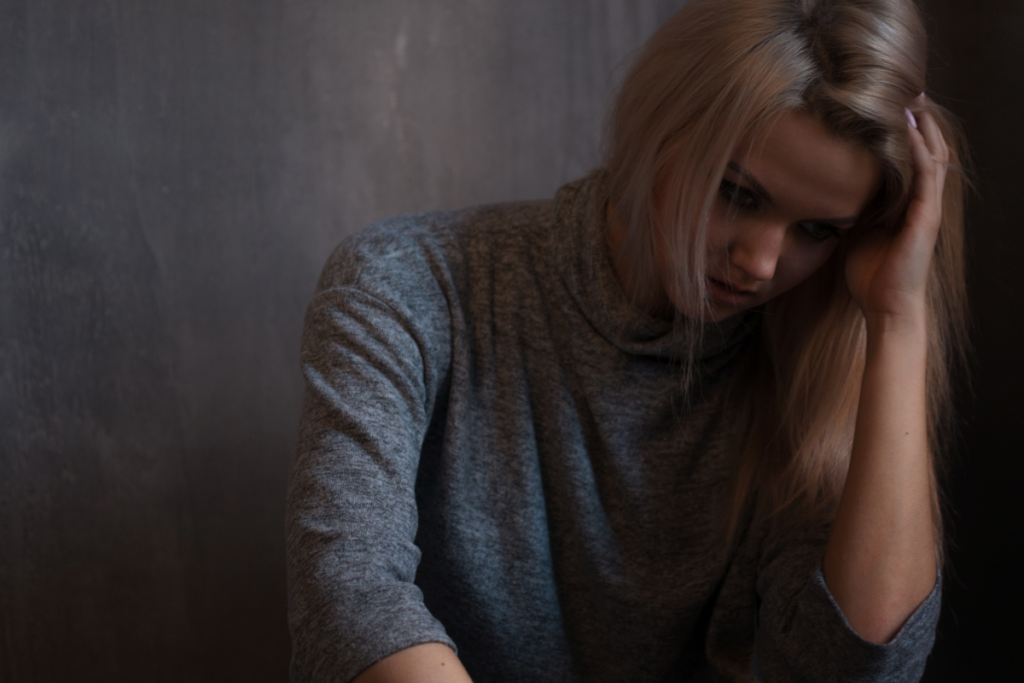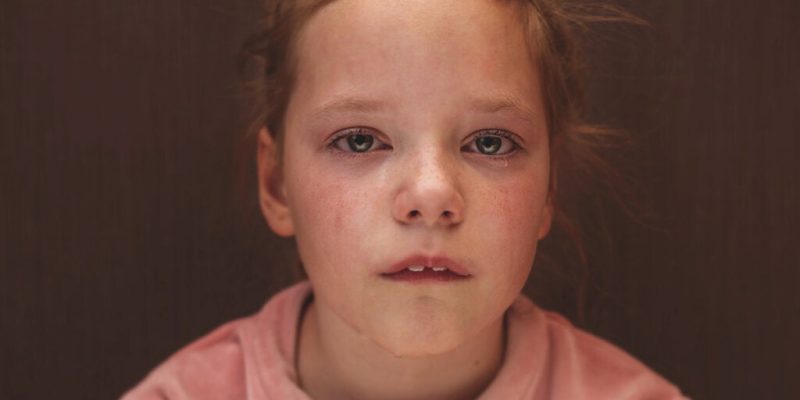It might sound harsh, but most of us have emotional wounds that we need to accept and heal. Sore spots that, over time, have become chronic. Do you want to know what these emotional wounds are and the impact they have on you? Would you like to know what relevance they may have in your choice of partner? In this article, we’ll give you the answers.
Clarifying the patterns that underlie your actions will mean that you’ll be able to work with them. Indeed, with a clear map of your emotional territory, it’ll be easier for you to move through it successfully, and carry out more effective changes. More particularly, in the social field, you’ll manage to generate or strengthen the attachment bonds that provide you with security, trust, and clarity in your relationships, both with your partner and other significant people.
People who forged a secure attachment in their childhood have a valuable advantage in bonding closely with others and aren’t afraid of abandonment. In other words, this kind of attachment leads to independent adult life, with autonomy and emotional responsibility.
The five wounds of the soul, according to Lise Bourdeau
According to Lise Bourdeau, there are five emotional wounds that are created in childhood. There are also five masks that you put on to hide those wounds in order to live with them. She claims that the intensity of the wounds determines the depths of the masks you create.
Often, in adulthood, you need to work on forgiving and letting go of these masks. If you don’t, they become an obstacle to your authenticity, as well as a minefield for dissonance-derived discomfort. The five wounds derive from rejection, abandonment, humiliation, betrayal, and injustice.
The rejection wound: the mask of withdrawal
The rejection wound is ingrained in the child’s psyche between conception and the first year of life. In this case, the child maintains an avoidant attachment bond with their parent or parents. Consequently, the adult who has this wound had experiences of rejection in their childhood and will tend to reject both themselves and others.
However, they’ll also reject pleasant and successful experiences due to their deep feeling of internal emptiness and the mistaken belief of being undeserving. This wound causes them to put on a mask of withdrawal.
The greatest fear of people with the rejection wound is exactly that, rejection.
The wound of abandonment: the dependent mask
From a chronological perspective, the second wound is the wound of abandonment. It’s usually generated between the ages of one and three. In this case, the parent creates an ambivalent attachment bond full of contradictions with their child.
Those who experienced abandonment will tend to equally abandon plans and relationships until they become aware of their deficiency and start to take responsibility for their lives and their loneliness.
The adult with this wound constantly seeks attention, support, and protection from the people around them. In fact, their greatest fear is loneliness, which is why they wear a dependent mask.
The humiliation wound: the masochist mask
The third wound is the wound of humiliation. Again, it tends to be generated between the first and third years of life. In this case, the parent relates to the child with an anxious and ambivalent attachment. Adults who’ve experienced all kinds of abuse, humiliation, comparisons, or who were ridiculed and embarrassed for their physical appearance, attitudes, and behaviors during their childhood often carry this burden on their backs.
They’re usually insecure, shy, and indecisive beings who, deep down, feel guilty and don’t believe they have any freedom. Therefore, to overcome these feelings, they put on the mask of the masochist.
The betrayal wound: the controller mask
The fourth emotional wound is the wound of betrayal resulting from a disorganized attachment to the parent. It occurs between the ages of two and four. The adult suffering from the wound of betrayal will be distrustful since they don’t allow themselves to trust anything or anyone.
Their greatest fear is lying. Nevertheless, they unconsciously seek to get involved in situations in which they’re inevitably lied to. They put on the mask of the controller, surrounding themselves with a haze of jealousy and the fear of separation.
The wound of injustice: the rigid mask
The last wound is that of injustice. It’s generated between the ages of four and six and rooted in a disorganized attachment to the parent. The child, in this case, has felt blocked in their individuality and in expressing who they are.
At some point, we’ve all experienced or witnessed unfair situations. However, those with the wound of injustice find these situations impossible to deal with and their reactions are disproportionate.
One of their most important characteristics is their fear of making mistakes and the tendency or obsession to find perfection. They put on a rigid mask.
Everyone, without exception, has some of these wounds. Furthermore, that wound will be reflected in the relationship you have with your partner.
How do we choose our partners?
The emotional wounds of childhood largely determine the type of relationships we establish throughout our lives. One of the most important bonds is that of a couple. As we mentioned earlier, individuals suffering from rejection wounds reject closeness with others and experience relationship difficulties. Consequently, their partners will tend to be deprived of intimacy.
On the other hand, adults with abandonment wounds fear that their partners don’t love them or don’t really want them. They find it difficult to interact with their partners the way they’d like, as they have a tendency to expect more intimacy or bonding than their partners can provide. This is how emotional dependency arises.
Those who suffered humiliation attract people who make them feel humiliated. For example, a woman might attract a man who flirts with other women, and a man may attract a woman who’s extremely provocative to other men.
Finally, the wounds of injustice are reflected in cold and rigid individuals who find it difficult to welcome others since they prefer to be alone.

Become aware of your relationship patterns
According to Lise Bourbeau, we wear these masks in a vain attempt to protect ourselves. However, paradoxically we attract the exact situations and kinds of people who make us feel rejected, abandoned, humiliated, betrayed, or victimized.
Fortunately, healing your wounds and escaping from these masks is possible if you recognize your wounds and the mask you wear and forgive yourself as well as those who hurt you. In fact, you must begin to accept and love yourself as you are.
The post The Emotional Wounds of Childhood Affect Your Choice of Partner appeared first on Exploring your mind.



















Comments